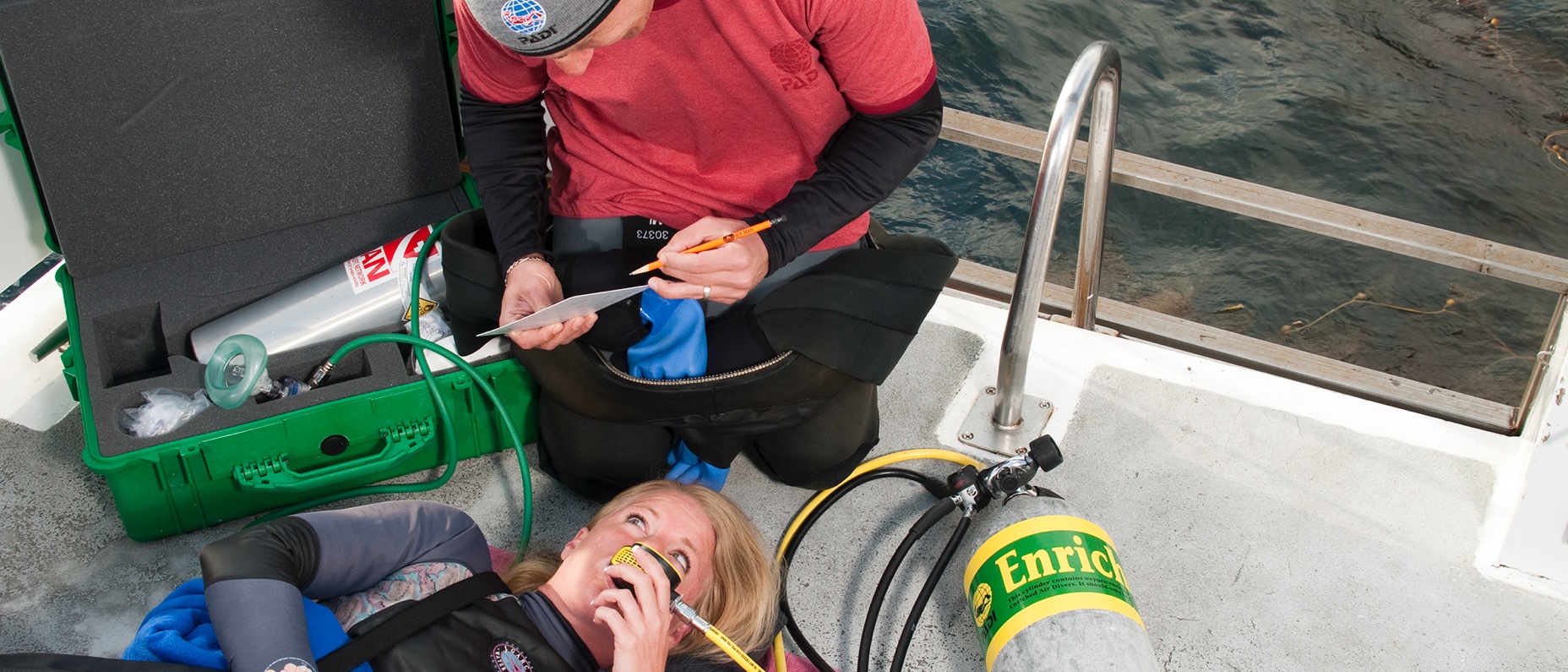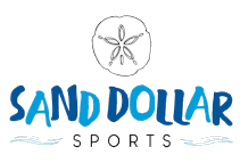If you’re planning to dive in Cozumel, whether as a beginner or a seasoned pro, there’s one critical aspect of diving safety you need to understand: decompression sickness (DCS). Also known as “the bends,” DCS is a potentially serious condition that can affect any diver. At Sand Dollar Sports, safety is our top priority, and we want every diver to enjoy Cozumel’s spectacular reefs while staying safe and informed.
What Is Decompression Sickness (DCS)?
DCS occurs when dissolved nitrogen in the body forms bubbles due to rapid pressure changes during ascent. These bubbles can affect various tissues and organs, leading to symptoms ranging from mild discomfort to life-threatening conditions.
There are different types of DCS:
- Type I DCS: A milder form that mainly affects the skin, joints, and lymphatic system. Symptoms may include joint pain, rashes, and swelling.
- Type II DCS: A more serious form that impacts the nervous system, lungs, and circulatory system. It can cause dizziness, difficulty breathing, paralysis, or even unconsciousness.
- Type III DCS: The most severe and potentially fatal type, which primarily affects the lungs and can lead to severe respiratory distress and cardiovascular complications.

What Causes DCS?
DCS is primarily caused by ascending too quickly after breathing compressed air at depth. Some key risk factors include:
- Exceeding depth or time limits without proper decompression stops
- Flying too soon after diving
- Dehydration and inadequate surface intervals
- Repetitive deep dives without sufficient recovery time
- Cold water diving, which can increase nitrogen absorption
- Poor physical fitness, obesity, or age-related factors
- Alcohol consumption before or during a dive
- Traveling to higher altitudes too soon after diving
How to Prevent DCS
The good news is that DCS is largely preventable by following safe diving practices, such as:
- Dive within your limits: Follow dive tables and your dive computer’s recommendations.
- Ascend slowly: A safe ascent rate is no faster than 30 feet (9 meters) per minute.
- Perform a safety stop: Always do a 3-5 minute stop at 15 feet (5 meters) before surfacing.
- Stay hydrated: Drink plenty of water before and after dives.
- Observe surface intervals: Give your body time to off-gas nitrogen before your next dive.
- Plan ahead for flying: Both DAN (Divers Alert Network) and PADI recommend divers to wait at least 12 hours before flying after a single no-compression dive or 18 hours after multi-day repetitive dives.

Why Understanding DCS Matters
Diving in Cozumel is an unforgettable experience, but no dive is worth the risk of injury. Understanding DCS empowers you to make informed decisions, protect yourself and your dive buddies, and ensure every dive is a safe and enjoyable one.
DCS can happen to anyone—even the best divers who follow all the protocols perfectly. Sometimes, despite taking all the necessary precautions, a diver might still experience symptoms of DCS. It’s always better to be cautious and consider the possibility if you notice any strange symptoms following a dive. Getting checked out by a medical professional early can make all the difference. Ignoring the signs and not receiving proper treatment could mean permanent neurological damage or even death.
Dive Accident Insurance: Protect Yourself Before You Dive
No one plans to have a diving accident, but being prepared for the unexpected is crucial. Decompression sickness and other dive-related medical emergencies can be expensive to treat, especially if hyperbaric chamber therapy is needed. That’s why having dive accident insurance, such as coverage from Divers Alert Network (DAN), is highly recommended for all divers.
DAN Dive Insurance provides financial protection for emergency medical treatments, hyperbaric chamber costs, and even evacuation services if necessary. It ensures that in the event of an accident, you can focus on getting the care you need without worrying about the financial burden.
Dive Safely with Sand Dollar Sports
At Sand Dollar Sports, we emphasize diver education and safety in all our courses and guided dives. Our team of qualified divemasters and dive instructors know how to quickly respond to a diver who may have DCS. And they know when someone needs to be transferred immediately to one of the island’s trained diving medicine specialists. Cozumel Island has 5 hyperbaric chambers available in town to treat any suspected cases.
Book your dive with Sand Dollar Sports today and explore Cozumel’s incredible reefs safely and responsibly! We encourage all divers who have not been in the water for 2 years or more or still a fairly new diver and want more training to do the Scuba Refresher Course to familiarize yourself with the equipment, protocols, and safety procedures. Our PADI instructors are here to help.


